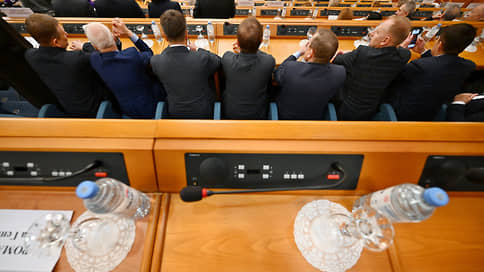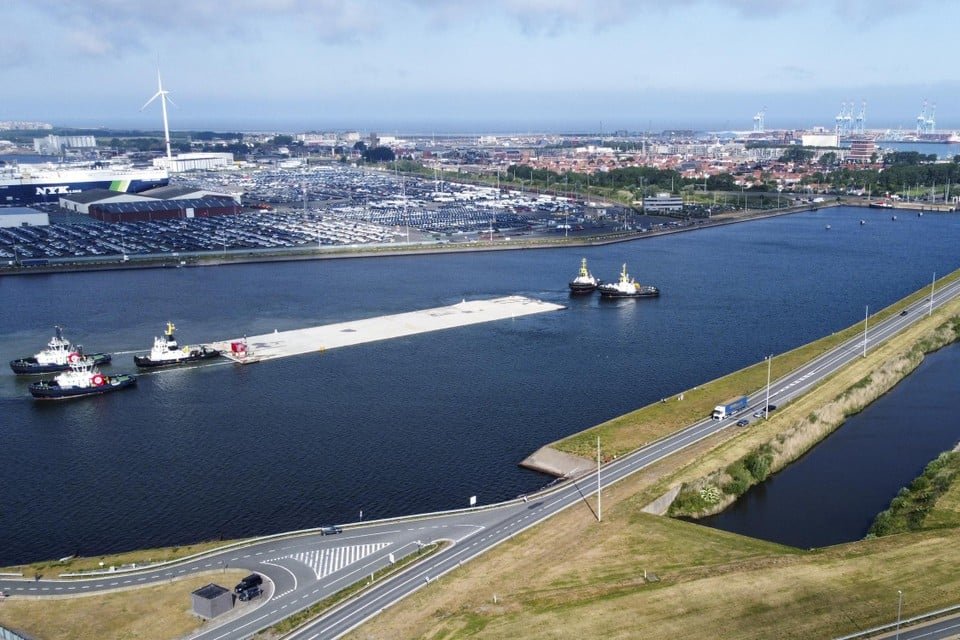The Accounts Chamber submitted a report on measures of state support for the technological sector

The Accounts Chamber submitted the first report on the state of state support for the technological sector. Gosauditors concluded that data on support measures are scattered, the business is not informed enough about them, the benefits of regulations and low budgetary provision of the regions interfere with the receipt of benefits. The enterprises who receive assistance show an increase in investment, revenue and the number of employees, but the coverage of these measures to achieve a large -scale effect is insufficient. In practice, benefits mainly receive “strong” enterprises that often do not need them, noted in the Accounts Chamber.
The Accounts Chamber (SP) published report On the assessment of state support measures aimed at attracting investments in priority projects of technological sovereignty and structural adaptation of the economy in 2023–2024. In total, the State Auditors counted 122 types of such help.
General conclusion: the enterprises receiving it show an increase in investments, revenues and the number of employees, but the coverage of these measures is insufficient to achieve a significant effect on the country’s scale.
Among the problems: a low degree of accessibility of assistance for most enterprises, lack of information about it and the absence of a single register of existing measures.
The joint venture analyzed the taxonomy of projects – a tool for evaluating their importance for the economy. Let us explain that the compliance of taxonomy, among other things, opens up access to preferential loans. The chamber noted the inconsistency of the names of goods in taxonomy with the codes of the all-Russian classifier of products by type of economic activity (OKPD 2), because of this, some of the companies lose access to benefits. It is noted that although 57% of the enterprises surveyed are aware of the taxonomy mechanism, only 2.5% used it. In the Ministry of Economy, however, commenting on the conclusions of the joint venture, they noted the intensification of the role of taxonomy in the investment stimulation. According to the first deputy minister Maxim Kolesnikov, if at the beginning of 2024 12 projects of technological sovereignty and structural adaptation of the economy were implemented in the amount of 264 billion rubles, then in 2025-47 by 3.36 trillion rubles.
In detail the counting chamber appreciated the four largest measures to support enterprises.
These are the programs of the development of industry “Development Projects” and “Components”, cluster investment platform and industrial mortgage. In total, 1462 projects were implemented on them, for the most part – in the field of processing production (1213 projects). At the same time, the share of supported enterprises is only half a percent from their total amount in this industry. This indicates the “limited involvement of enterprises in the process of obtaining support measures … even in the industries of processing industries, where these measures are actively implemented,” state assumptions conclude.
Among the barriers that interfere with the scaling of assistance, they call the shortcomings of regulatory regulation: there are still no methods for assessing the level of development of through technologies and technological sovereignty, the current regulatory legal acts (GOSTs, the provisions of ministries and departments) in some cases are outdated and impede the implementation by the enterprise of new technologies.
Another problem is inadequate criteria for accessibility to benefits with limited support volumes. Polls in the sectors showed that the limit of the financial resources of the regions is limited, there are not enough funds for everyone, but support is mainly “strong” enterprises. These are mainly medium and large companies with a stable financial situation: according to SP, in some cases they do not need state support. For the most part, enterprises “age” do not receive assistance at all: banks see high -risk counterparties in them. The enterprises themselves, as follows from polls, are also afraid to use support, since liability for violation of the terms of reporting on it is not regulated.








